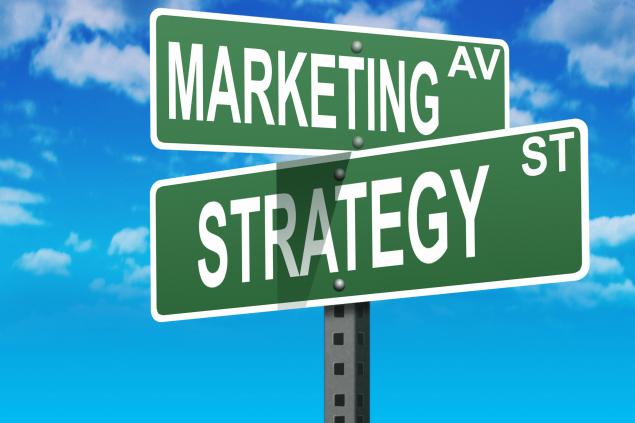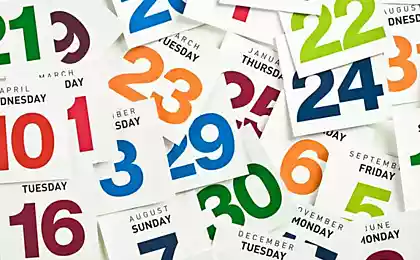503
Most stressful profession
"Calmness, only calmness" — remember this famous phrase Carlson would do well to many domestic workers. After all, many of them suffer from stress. But who is nervous? After interviewing more than two and a half thousand working inhabitants of Russia, HeadHunter, found that 17% of them suffer from stress at work. Some of it makes references to a psychologist and taking antidepressants.

The most troubled were professions associated with insurance: 79% of the insurers admitted that they regularly experience work stress. Second place was shared professional sphere "HR Management" and "Marketing": 73% of people in these professions have stated that periodically, the work violates their emotional calm. Completing the top three most stressful professions again two areas: "Procurement" and "Accounting" — they are nervous they suffer 69% of the interviewed workers.

The least stressful was the sphere of "Security" (only 52% of professionals suffer from stress), "Fitness and beauty" (53%) and "Business" (55%).
Most often, excessive tension caused by too much volume of work with which not under force to cope (49%). Delays in implementation of projects and too fast pace of work are causes of stress every third of the respondents.
![]()
In addition, the cause of mental imbalance can result in quarrels with superiors and colleagues and personal dissatisfaction with the work performed. It should be noted that quarrels with colleagues can cause stress, only one in four: this is less than quarrels with superiors, dissatisfaction with work, deadlines partners.

The vast majority of employees believe that the accumulated stress just to relieve: for example, 42% restore power by using a favorite hobby of every three shares problems with friends, and every fifth pet peeve is discussing directly with the colleagues. The same number of respondents find an outlet in the intake of sedatives and antidepressants, and 2% of our compatriots working pressures are forcing companies to turn to a psychologist. Alcohol soothe the 13% of surveyed workers.
It should be noted that most often the reason for taking antidepressants becomes excessive for the scope of work (46%), while visits to the psychologist are mostly the consequence of quarrels with his superiors and systematic personal dissatisfaction with the work performed.

Source: /users/1081

The most troubled were professions associated with insurance: 79% of the insurers admitted that they regularly experience work stress. Second place was shared professional sphere "HR Management" and "Marketing": 73% of people in these professions have stated that periodically, the work violates their emotional calm. Completing the top three most stressful professions again two areas: "Procurement" and "Accounting" — they are nervous they suffer 69% of the interviewed workers.

The least stressful was the sphere of "Security" (only 52% of professionals suffer from stress), "Fitness and beauty" (53%) and "Business" (55%).
Most often, excessive tension caused by too much volume of work with which not under force to cope (49%). Delays in implementation of projects and too fast pace of work are causes of stress every third of the respondents.
In addition, the cause of mental imbalance can result in quarrels with superiors and colleagues and personal dissatisfaction with the work performed. It should be noted that quarrels with colleagues can cause stress, only one in four: this is less than quarrels with superiors, dissatisfaction with work, deadlines partners.

The vast majority of employees believe that the accumulated stress just to relieve: for example, 42% restore power by using a favorite hobby of every three shares problems with friends, and every fifth pet peeve is discussing directly with the colleagues. The same number of respondents find an outlet in the intake of sedatives and antidepressants, and 2% of our compatriots working pressures are forcing companies to turn to a psychologist. Alcohol soothe the 13% of surveyed workers.
It should be noted that most often the reason for taking antidepressants becomes excessive for the scope of work (46%), while visits to the psychologist are mostly the consequence of quarrels with his superiors and systematic personal dissatisfaction with the work performed.

Source: /users/1081























